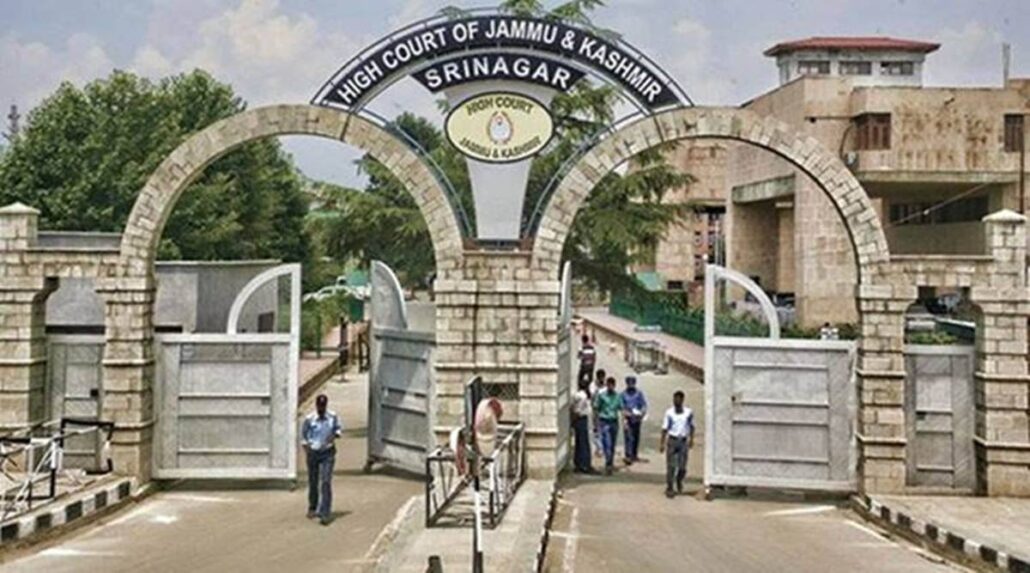
The Jammu Kashmir High Court has overturned the conviction of Kamal Jeet Singh, who had been serving a life sentence for the rape and murder of two young sisters in 2002.
The verdict, delivered by Justices Atul Sreedharan and Javed Iqbal Wani, questioned the integrity of the evidence presented during the initial trial, leading to Singh’s acquittal after over two decades.
The case dates back to October 3, 2002, when two sisters, aged six and three, went missing after school.
A community search led to the discovery of their bodies in the home of Jagdesh Singh, a relative of the accused. Investigations alleged that the girls had been sexually assaulted and murdered.
Singh was arrested shortly afterward, with police claiming he confessed to the crime. The case against him relied on circumstantial evidence, including forensic findings.
In 2016, he was convicted by the Principal Sessions Judge in Budgam under sections of the Ranbir Penal Code (RPC), including rape and murder, and sentenced to life imprisonment.
Singh’s appeal prompted the High Court to reevaluate the case.
The court found several gaps in the evidence. The High Court noted that while circumstantial evidence is valid, it must be substantial enough to eliminate all reasonable doubt. In Singh’s case, no direct evidence linked him to the crime.
The court questioned the validity of Singh’s alleged confession, suggesting it may have been obtained under duress, rendering it inadmissible.
Several witnesses were relatives of both Singh and the victims, raising questions about impartiality. Although forensic analysis showed similarities between hair samples from the crime scene and Singh, this was deemed insufficient to uphold the conviction.
The justices remarked, “There is no witness who has last seen the victims with the appellant shortly before they went missing.”
The court highlighted the importance of voluntary and corroborated confessions in criminal cases and criticized the reliance on weak circumstantial evidence in Singh’s conviction.
The High Court’s decision underscores the importance of robust legal standards in criminal prosecutions and serves as a reminder of the potential for miscarriages of justice.
Singh’s acquittal highlights the need for greater scrutiny of evidence and investigative practices to ensure fair trials.
This landmark judgment not only brings an end to Singh’s 22-year ordeal but also raises broader questions about the judicial process in cases built on circumstantial evidence.




